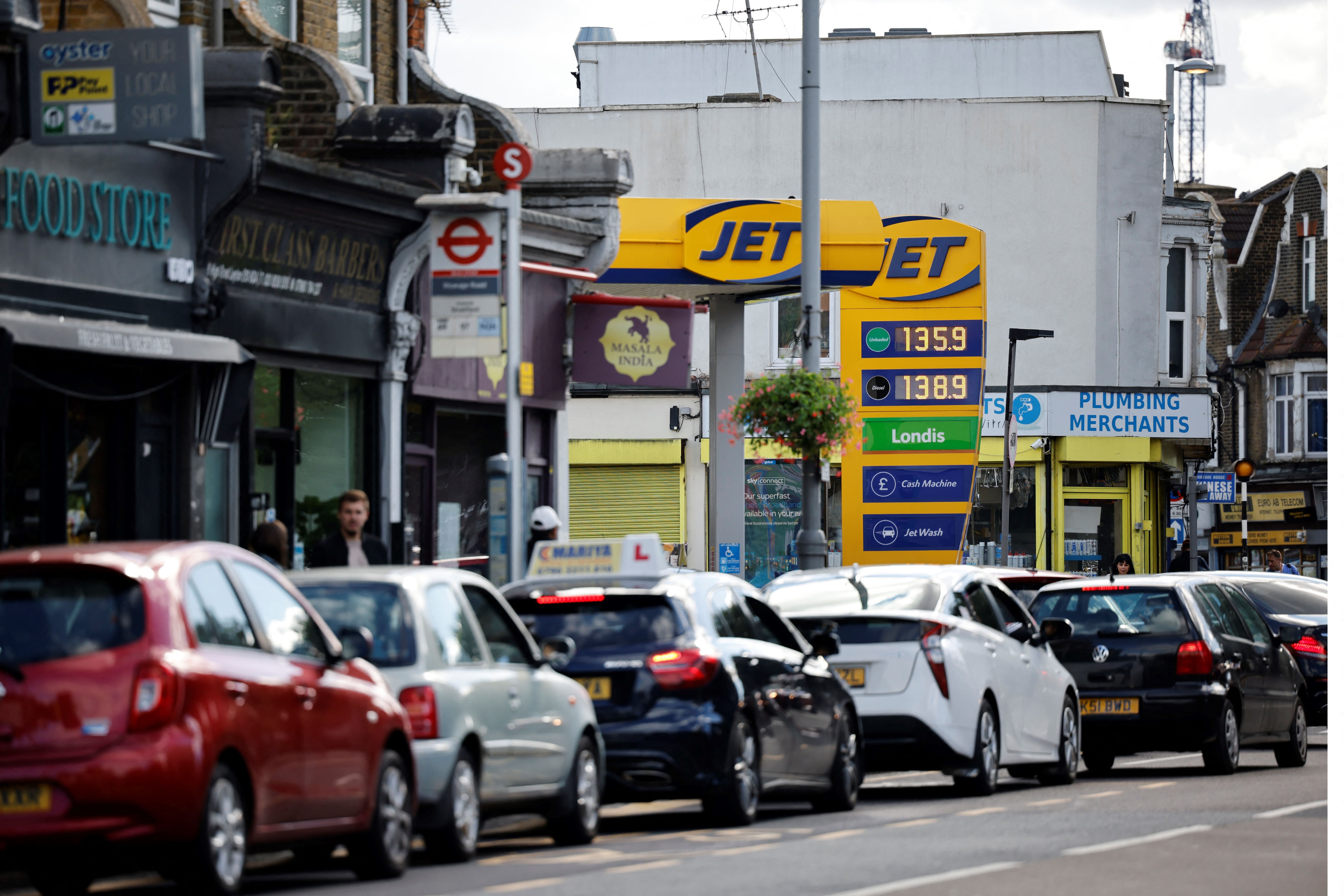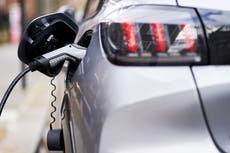Rocketing car insurance risks leaving us all stranded
Editorial: The old and the young in particular are being penalised when their renewals come up, and it is impinging on their personal freedoms

Even by the standards of our inflationary times, the hikes to car insurance premiums seem remarkable, excessive and grossly unfair. Exclusive statistics provided to The Independent by Consumer Intelligence suggest that the cost of insuring quite mundane vehicles has risen by close to 50 per cent on average, which is even higher than the increases we have seen in the cost of food and energy.
For many, particularly those who live in rural districts, a car is not only essential but a lifeline – and insuring it adequately is a legal obligation. People certainly have discretion about the kind of car they drive, but not about whether to insure it.
This rise, then, is so punitive – and comes with such a lack of warning – that it will not only send a shockwave through all those who rely on cars for everyday essentials, but could put people out of a job. Drivers will now feel the same sense of desperation as many do about their utility bills.
It is all the more distressing to see that the increase in price is affecting the young and old disproportionately. Younger drivers have always carried more risks and suffered inflated fees, but an already hostile environment has turned into a near impossible one.
Older drivers, even more reliant on their cars, have experienced difficulties in arranging insurance as they edge into their seventies. It stands to reason that reactions may be slower and accidents more frequent as a result of increasing age, but the demands placed by the insurance companies on either end of the motoring “bell curve” seem to be making the distribution even more skewed against the extremes.
The old and the young, in other words, are being brutally penalised when their renewals come up, and it is impinging on their personal freedoms. Older drivers in particular may feel especially hard done by if they’ve been loyal to one company, kept a clean licence, and built up an enviable no-claims bonus.
Some blame the rise in the cost of car insurance on the “loyalty penalty” that was banned at the start of 2022 (meaning insurers must not charge existing customers more than they do new ones). Yet how can it be that the elimination of one unfair trading practice has merely given rise to fresh ones?
There appears to be no recognition, among the practitioners of this highly lucrative trade, of the concept of sharing burdens fairly – and certainly no sign of mercy towards those who are either at the start or approaching the end of their motoring career. Shopping around can still help, but even here, the comparison websites can sometimes prove less than transparent.
It would, on the other hand, be unfair to pretend that the insurance and garage trades don’t face inflation themselves. Endemic labour shortages have driven hourly rates higher in the car repair industry, and the effects of the energy crisis and inflation on the cost of steel panels and sophisticated electronic components have certainly had to be passed on.
Electric cars, though still accounting for only a small proportion of the national car “fleet”, can be trickier to recover and repair because of their large battery packs. Now, because of post-pandemic adjustments and a pronounced shortage of new and used vehicles, the overall value of a car has increased – and with it, the bill for a write-off. Fraudulent claims, including false reports of whiplash, have also plagued the industry.
The sheer cost of insurance for teenage drivers has tempted too many to drive without insuring their vehicle.
The same factors have driven up premiums for all – though this has been a rising trend for some time. Even so, it may be that the British insurance game is not as competitive as it seems from the plethora of TV ads featuring opera singers, talking seagulls, meerkats and other memorable gimmicks.
The premium shocks people are routinely exposed to – and the virtual absence of affordable car insurance for the young and poorer families – are some of the more unsatisfactory features of the scene.
It is almost a decade since the Competition and Markets Authority (CMA) last looked at car insurance, and remarkably, there has never been a formal investigation into the price comparison websites (though plenty of activity has focused on some high-profile names).
In the spirit of the insurance trade, it would seem a good idea for the CMA to take a prudent look at car insurance, and at what is becoming an unwelcome additional factor in the cost of living crisis.
Join our commenting forum
Join thought-provoking conversations, follow other Independent readers and see their replies
Comments


Bookmark popover
Removed from bookmarks